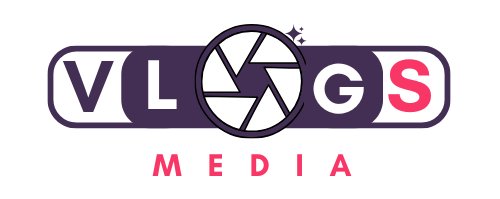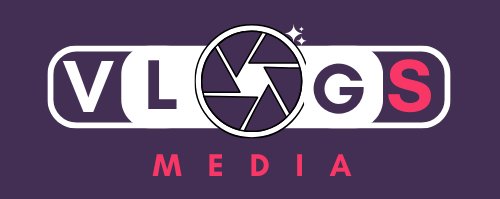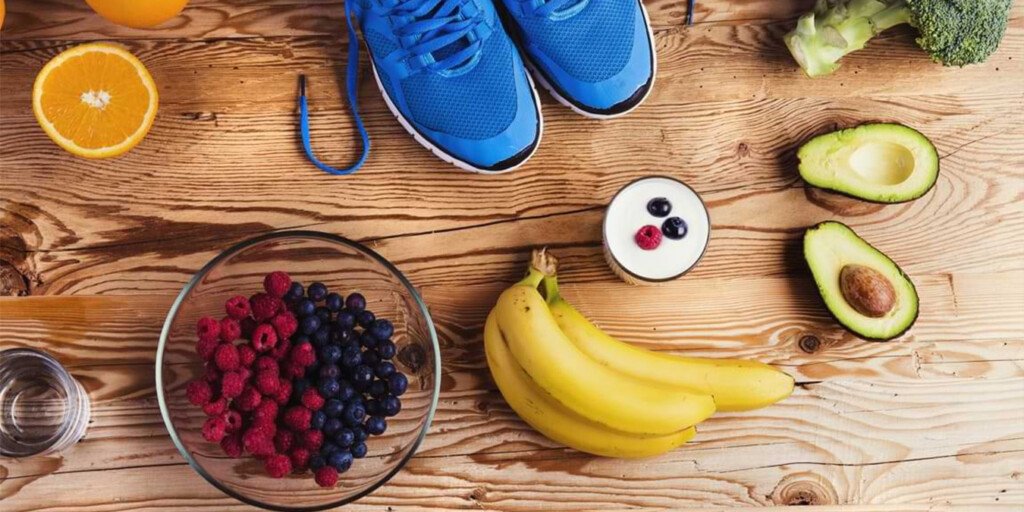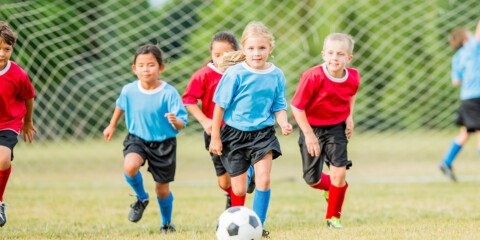When it comes to maximizing your workout performance and achieving your fitness goals, nutrition plays a crucial role. What you eat before, during and after a workout can significantly impact your energy levels, endurance, muscle recovery and overall progress. Whether you’re hitting the gym, going for a run or doing an intense training session, fueling your body properly can make all the difference.
Understanding the basics of sports nutrition is important to optimize your workouts and promote faster recovery. In this blog, we’ll analyze the best foods for each phase of your training program, from pre-workout snacks to post-workout meals, and how they fuel your body to perform at your best.
Pre-Workout Nutrition: Fuel for Optimal Performance
The food you eat before a workout is important to provide your body with the energy it needs to perform at its best. The right combination of macronutrients — carbs, protein, and fats — will help boost your energy levels and ensure your body has enough fuel to power through your workout.
Carbohydrates are the primary source of energy for your body, especially during high-intensity exercise. They are broken down into glucose (sugar) and stored as glycogen in your muscles, the fuel your body uses during exercise. Carbohydrates are also important for maintaining energy levels during longer workouts. Complex carbohydrates like whole grains, oats, and brown rice are great choices because they provide a slow and steady release of energy.

Protein is another important nutrient that should be part of your pre-workout meal. Protein helps prevent muscle breakdown during exercise and supports muscle repair and growth. Opt for lean protein sources like chicken, turkey, tofu, or Greek yogurt.
Healthy fats can be beneficial for longer or endurance-based workouts because they provide a steady source of energy. However, they should be consumed in moderation as they take longer to digest and can cause discomfort if eaten too close to exercise.
When to eat
Ideally, you should eat your pre-workout meal about 1 to 2 hours before exercise. This gives your body time to digest and absorb the nutrients, giving you enough energy for your workout. If you’re short on time, a small snack 30 minutes before exercise is enough, but make sure it contains easily digestible carbohydrates and a small amount of protein.
Examples of pre-workout meals and snacks:
A banana with almond butter
Whole grain toast with scrambled eggs
Oatmeal with berries and a spoonful of protein powder
Greek yogurt with honey and a dash of granola
During exercise: Stay hydrated and energized
Staying hydrated during exercise is key to maintaining performance and avoiding fatigue. Water is the best choice for hydration, but if you’re exercising intensely or for a long period of time, an electrolyte-rich drink can help replenish minerals lost through sweating.
For workouts lasting less than an hour, water should be enough to keep you hydrated. However, for longer workouts, especially those lasting more than an hour or in hot, humid weather, you may need a drink that contains electrolytes such as potassium, sodium, calcium and magnesium. These help replace the electrolytes your body loses through sweating and prevent dehydration.
If you’re involved in endurance sports such as running, cycling or long-distance swimming, you may also benefit from consuming a small amount of carbohydrates during exercise. This is especially important for workouts lasting longer than 90 minutes, as your body’s glycogen stores will gradually be depleted. Simple carbohydrates such as energy gels, fruit or sports drinks can help maintain your energy levels during exercise.
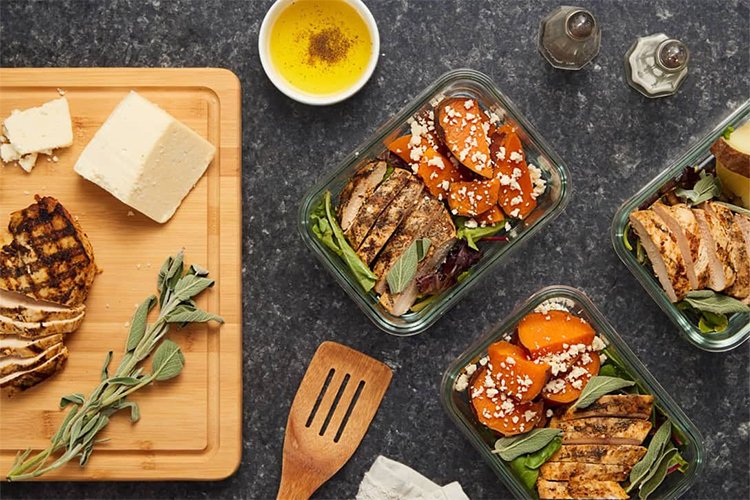
When to eat
For most people, focusing on hydration during exercise is sufficient. If you are doing a long endurance activity or an intense exercise session, you should have a small snack or drink containing carbohydrates and electrolytes after about 45 minutes.
Examples of snacks and drinks during exercise:
Water oran electrolyte drink
A banana or energy gel for a quick carb boost
Coconut water for hydration and electrolytes
A small handful of raisins or sports chews
Post-Workout Nutrition: Promotes Recovery and Rebuilds Muscle
The food you eat after a workout is just as important as what you eat beforehand. After a workout, your muscles are in a state of recovery and proper nutrition is essential to rebuild and repair the muscle fibers that were broken down during exercise. Then your body is ready to replenish glycogen stores, rebuild muscle tissue and reduce inflammation.
Protein is important after exercise to repair and rebuild muscles. Try to consume a protein source within 30 to 60 minutes of your workout. This will help kickstart the muscle repair process and prevent muscle breakdown. For muscle recovery, lean protein sources like chicken, fish, eggs, or plant-based alternatives like tofu and tempeh are excellent choices.
Carbohydrates are equally important after exercise as they help replenish glycogen stores that were depleted during exercise. After intense exercise, your muscles are like sponges ready to absorb nutrients. Complex carbohydrates like whole grains, sweet potatoes, and quinoa are ideal for restoring glycogen levels. The combination of protein and carbohydrates will help your body recover faster and prevent muscle soreness.
Healthy fats are also beneficial after exercise, but should be consumed in moderation. Fats help reduce inflammation and support overall health, but do not play a major role in muscle recovery. A small amount of fat from sources like avocado, nuts or olive oil is sufficient.
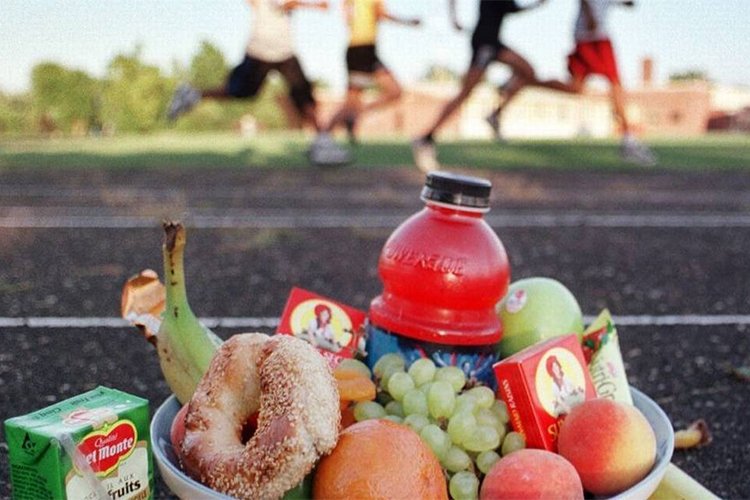
Meal time
Try to eat a balanced post-workout meal within 30 to 60 minutes of your workout. This is when your muscles are most receptive to nutrients and eating the right foods during this time can promote recovery and muscle growth.
Examples of post-workout meals:
Grilled chicken with quinoa and steamed vegetables
A protein smoothie with spinach, banana and protein powder
A tuna sandwich on whole wheat bread
A bowl of oatmeal with chia seeds and almond butter
Hydration
Don’t forget to hydrate after a workout. Replacing lost fluids is essential for proper recovery, especially if you sweated a lot during your session. Drink plenty of water or opt for a recovery drink with electrolytes to restore fluid balance and support muscle function.
Conclusion
Proper sports nutrition is key to optimizing your workout performance and ensuring a quick recovery. The right balance of carbohydrates, proteins, and fats can fuel your body before exercise, keep you hydrated and energized during exercise, and aid in muscle repair and recovery afterward.
Incorporating these nutritional strategies into your daily routine will not only help you reach your fitness goals more efficiently, but will also promote your overall health and well-being. By understanding the importance of what to eat before, during, and after exercise, you can give your body the tools it needs to perform at its peak and recover like a pro.
